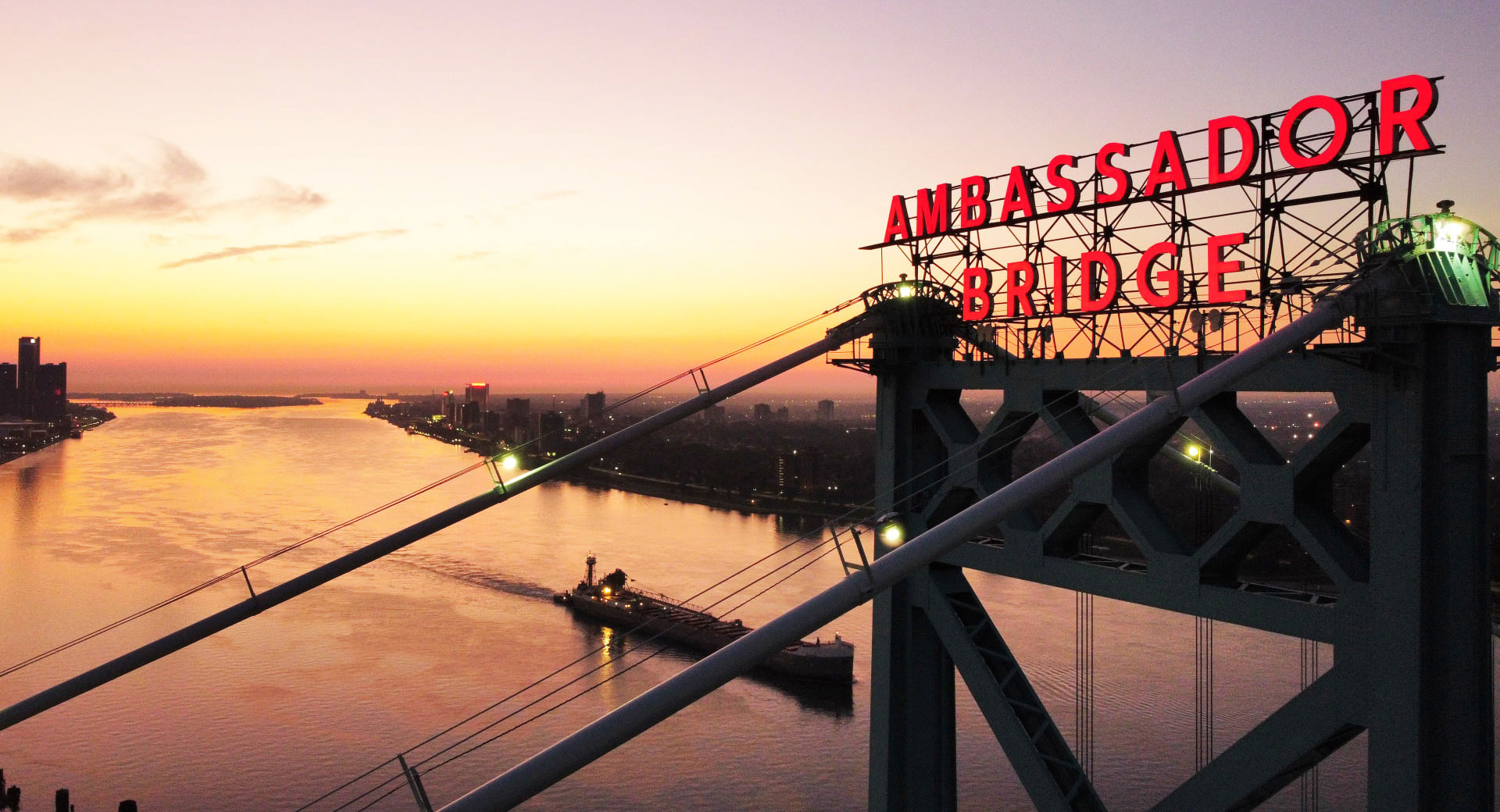
In a press conference earlier today, Ontario Premier Doug Ford said “frustrations have reached a boiling point for many Canadians” but there are reasonable limits on people’s right to protest.
As Ford explained, Ontario’s economy is built on trade with the United States as the Ambassador Bridge – which connects Detroit to Windsor – sees more than $700 million CAD ($550 million USD) of two-way trade every day. He added this employs hundreds of thousands of Ontario residents and, in turn, feeds millions of families.
However, the “siege” in Ottawa has turned into an “illegal occupation” that has now spread to several places throughout Canada including Windsor. These protests have shut down the critical Ambassador Bridge and forced automakers to curtail production.
Also Read: GM Is The Latest To Cancel Shifts At Plants Over Canadian Trucker Protest
[embedded content]
As a result, a line in the sand has been crossed as Ford said “While I appreciate the right to protest, that right cannot and must not extend to cutting off that [trade] lifeline.” He went on to tell people to “please go home” as “it’s time to leave.”
While government officials have been begging truckers to leave, many haven’t moved. This pushed Ford to declare a state of emergency, so he can “urgently enact orders that will make crystal clear it is illegal and punishable to block and impede the movement of goods, people, and services along critical infrastructure.” This will include international boarder crossings, highways, and airports as well as ports, bridges, and railways.
Anyone who violates the new orders will be subject to fines of up to $100,000 CAD ($78,485 USD) and up to a year of imprisonment. Ford also said they’re looking at the possibility of taking away the personal and commercial driver licenses of anyone who doesn’t comply with the orders.
The move follows COVID-related protests in Canada and the shutdown of the critical Ambassador Bridge. On Thursday, Michigan Governor Gretchen Whitmer pleaded with Canadian authorities to “quickly resolve the ongoing Ambassador Bridge closure and its impacts on … Michigan’s economy, including key sectors like autos, agriculture, manufacturing, and more.”
As Whitmer noted, “The Ambassador Bridge is the busiest land border crossing in North America, used by tens of thousands of commuters and truck drivers carrying hundreds of millions of dollars of goods every day. Countless Michiganders rely on this daily flow of goods and people to get things done.”



